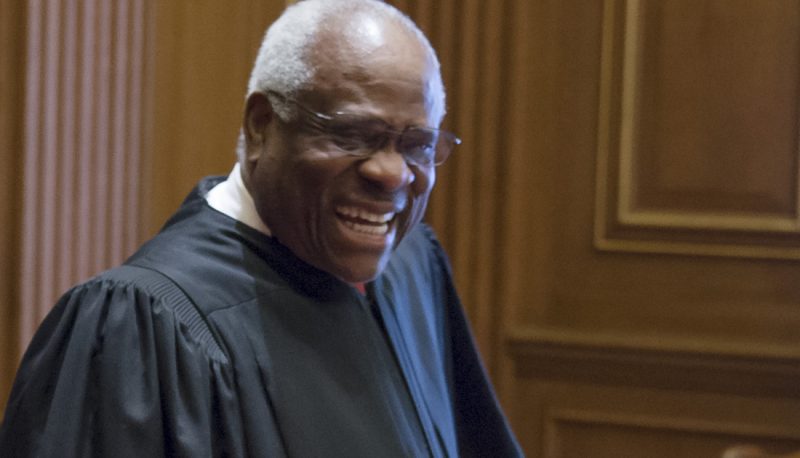“Confirmed Judges, Confirmed Fears” is a blog series documenting the harmful impact of President Trump’s judges on Americans’ rights and liberties.
Trump Judges Amy Coney Barrett and Michael Brennan joined a June 2018 dissent in Planned Parenthood of Indiana and Kentucky v. Commissioner of Indiana State Dep’t of Health that argued, just like Justice Clarence Thomas’ much-criticized dissent in the same case in May 2019, that a state should be able to restrict abortion when the reason for that choice is the fetus’s gender, race, sex, national origin or disability (including life-threatening disabilities). This was despite the fact, as the three Republican-appointed judges who initially heard the case explained, that “[n]othing in the Fourteenth Amendment or Supreme Court precedent allows the state to invade this privacy realm to examine the underlying basis for a woman’s decision to terminate her pregnancy before viability.”
In 2016, Indiana passed and then-Governor Pence signed a law that imposed abortion restrictions in two ways: It prohibited abortions if the doctor knows the reason relates to the fetus’s gender, race, or disability, requiring doctors to inform women of the law, and mandated treatment of the remains in the same manner as a deceased person, requiring abortion clinics to dispose of fetal remains via burial or cremation unless the patient takes control of the disposition.
Planned Parenthood of Indiana and Kentucky challenged these provisions, and a district court ruled them unconstitutional. The case was appealed to the Seventh Circuit, and a panel of three judges appointed by Republican presidents considered it: Judges Michael Kanne (Reagan), William Bauer (Ford), and Ilana Rovner (H.W. Bush). All three voted to affirm the district court. They agreed that the restrictions on reasons for abortion clearly violated Roe and later precedent, and that there was no rational basis for the fetal remains provision.
The state sought rehearing by the full Seventh Circuit, limited only to the fetal remains provision. The court initially voted for review by the full court, but because one of the judges in the majority had to be recused, there were no longer enough votes for full court review. The court accordingly denied en banc review, with Judges Barrett and Brennan joining a dissent by Judge Easterbrook.
Even though the petition for full court review concerned only the fetal remains provision, the dissenters went out of their way to address the part of the law limiting women’s reasons for choosing abortion, which the dissent itself called “the eugenics statute.” They clearly disagreed with the panel decision striking down the law, noting that no previous Supreme Court decision had specifically addressed the issue, and said the issue should be left to the Supreme Court. Chief Judge Diane Wood concurred in the denial of review, pointedly noting that the court should avoid issuing an “advisory letter to the Supreme Court.”
Indiana then sought the Supreme Court’s review of both new parts of the law. In an unsigned opinion in May 2019, the Court voted 7-2 to uphold the fetal remains provision based on “rational basis” review, and denied review of the part of the law limiting reasons for abortion.
Perhaps inspired by the dissent that Barrett and Brennan joined, however, Justice Clarence Thomas wrote a 20-page concurring opinion claiming that the Court ‘will soon need to confront the constitutionality of laws like Indiana’s,” claiming that it was designed to combat “modern-day eugenics.” Although no other justice specifically mentioned Thomas’ opinion, it has produced significant criticism. One expert in OB-GYN, history, and women’s studies called the opinion “as inaccurate as it is dangerous,” explaining that the right to choose is in many ways the opposite of “state-mandated reproductive control” that was central to eugenics, and that the “tried-and-true strategy” of using this argument against abortion “undermines reproductive autonomy.”
That Judges Barrett and Brennan joined Judge Easterbrook’s dissent is extremely troubling, but it’s not unsurprising. Judge Barrett’s record, in particular, reveals her hostility to reproductive rights. Especially amid the tidal wave of abortion ban legislation sweeping the South and the Midwest, we need judges who will uphold the law, not vote to uphold unconstitutional restrictions that violate our rights.

